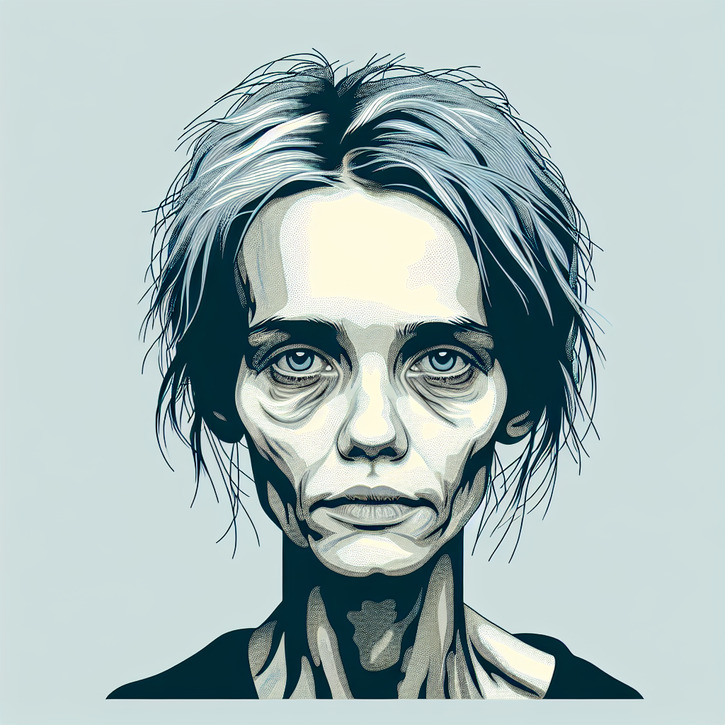The Long-Term Effects of Malnutrition on Hair Loss.

**Understanding Malnutrition's Impact on Hair Loss**
Malnutrition, often thought of as underfeeding, can also result from overeating unhealthy foods, leading to nutritional imbalances that affect hair health.
1. **Essential Nutrients for Hair Health:**
- **Protein:** Crucial for hair follicles made of keratin. Inadequate protein intake can lead to telogen effluvium, causing hair loss months later.
- **Iron:** Vital for oxygen transport to the scalp; deficiency leads to brittle hair and reduced density.
- **Zinc, Vitamin D, Biotin:** Each plays a role in maintaining healthy hair, with deficiencies contributing to hair loss.
2. **Oxidative Stress:**
Malnutrition can cause an antioxidant imbalance, leading to oxidative stress that damages hair follicles, accelerates aging, and makes hair prone to breakage.
3. **Long-Term Effects:**
- Telogen effluvium results in delayed hair shedding.
- Anagen effluvium causes rapid hair loss during the growth phase.
4. **Prevention and Treatment:**
- A balanced diet rich in protein, iron, and essential nutrients is key.
- Supplements may help but should be taken under medical advice.
- Lifestyle changes like stress management and regular exercise support hair health by improving scalp blood flow.
5. **Overnutrition Insights:**
Excessive consumption of processed foods with high calories but low nutritional value creates imbalances, contributing to hair loss.
6. **Symptom Recognition:**
Symptoms include excessive shedding or a receding hairline. Consulting a healthcare professional is crucial for accurate diagnosis and treatment.
**Conclusion:**
Proper nutrition is vital not only for appearance but also for overall health and well-being. Addressing dietary needs can prevent and treat malnutrition-related hair loss, promoting lush, healthy hair.

Watch Your Hair Come Back FASTER Than You EVER Dreamed Possible

WITHOUT Expensive Medications, Lasers, or Painful Surgeries!
Watch free special video





